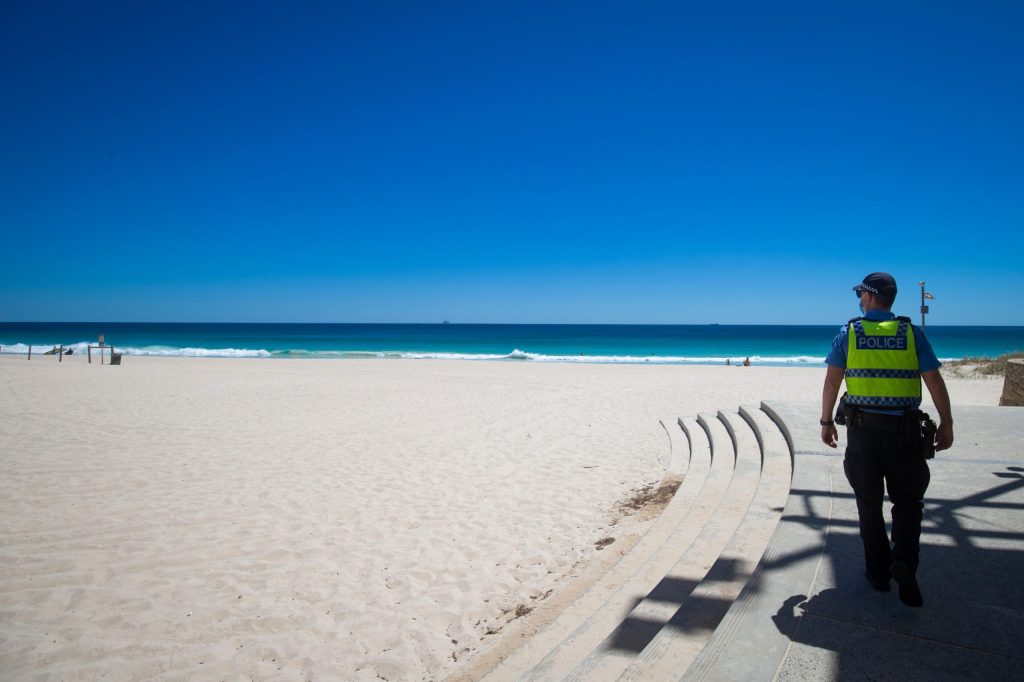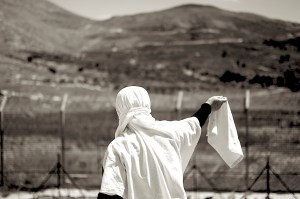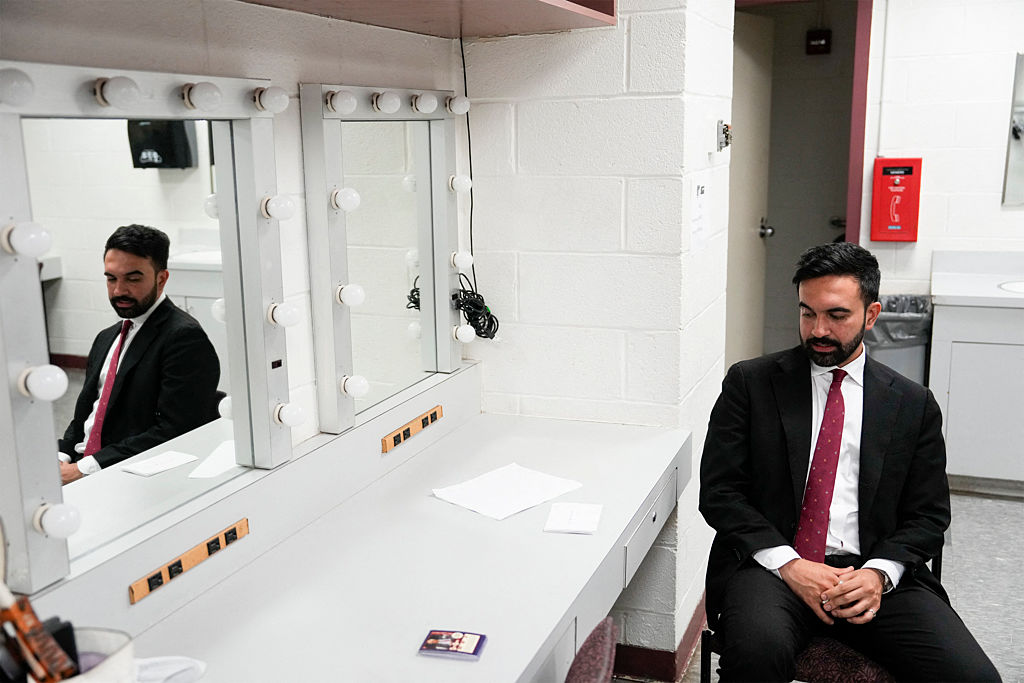At 6.20 p.m. on Friday evening, Scarborough Beach, an oceanside suburb of Perth, looked like it always does: families picnicked on grassy dunes overlooking the Indian Ocean, lines were forming outside bars lining the shore, and inside restaurants, groups chatted casually over cold beers.
Given the bustle, it’s hard to believe a city-wide lockdown ended only 20 minutes earlier, triggered on the Sunday before after Western Australia recorded its first domestically transmitted case of coronavirus in 10 months. The country’s pandemic strategy would look alien to many in Europe, which has been more akin to New Zealand’s or Asian countries like South Korea and Taiwan. The country shut its borders early, permitting entry only to legal residents after a strictly enforced two-week stretch in a quarantine hotel. From there, the Australian state governments have stringently executed a policy of contact tracing after learning the painful lessons of the early pandemic. In August last year, contact tracers were still trying to notify people by fax.
The result is a country cut off from most of the world — but where life continues with relative normality. There have been suggestions that wider border restrictions won’t be lifted until 2022, although a travel bubble with New Zealand is on the cards for March.
By Friday night in Perth, light police patrols and mandatory masks were the only visual echoes of the five-day lockdown from which everyone had just emerged. An imminent vaccination program — due to begin later this month with Pfizer and AstraZeneca vaccines — has done little to change the calculus for Australian state leaders. With the pandemic situation largely under control, the Australian government has been happy to take their time with clinical trials. As such, state leaders make few apologies for these hammer-blow responses to minor outbreaks.
The new Perth case came from a man in his twenties who worked as a security guard in one Western Australia’s quarantine hotels. Officials were particularly concerned as he was working on the same floor as an active case of the Kent variant, and had travelled extensively around the city in the days before his diagnosis.
The state premier immediately called an emergency press conference, saying he would act ‘decisively and swiftly’. He then announced that the Perth metropolitan area, the Peel region and the south-west region — about 80 percent of the state’s population — were to enter a five-day period of lockdown from 6 p.m. that night. Shops, bars, and gyms all had to close; restaurants and cafes could only provide takeaways. No travel was permitted into or out of the locked down areas, and citizens were only allowed outside for an hour of exercise per day.
For the latter half of 2020, Western Australians lived free of such restrictions. The state had recorded just 907 cases before last Sunday’s diagnosis. Perhaps this is why there is such strong adherence to government rules — Western Australians have a fresh sense of what they could lose.
The security guard’s close contacts were identified and immediately quarantined, while over 50,000 tests were conducted during the hammer-blow lockdown. Australia has adopted elements of their contact tracing regime from Japan while introducing quarantine for first and second order contacts in much the same way Vietnam has done.
Despite temperatures pushing 85 degrees, those exercising outside were, by and large, fastidious in their mask wearing; surfers spending their allotted outdoor hour at Trigg Beach only took their masks off moments before entering the water.
As the end of lockdown neared, the state government’s approach appeared to have been vindicated: none of the security guard’s 500 close contacts had tested positive. Perth has now moved into a transitional period where limited restrictions remain in place. Masks are mandatory outside unless undertaking ‘vigorous’ exercise; bars can open, but dancing is prohibited; and only essential travel outside the region is permitted.
The country’s vaccination program begins imminently, with at-risk groups and front-line workers set to receive jabs by the end of February. But by comparison to Europe, little has been made of the country’s vaccination program. Australians will continue to rely on its strict border rules rather than vaccines long into the future.
Many in Western Australia feel they have been lucky, largely avoiding the restrictions seen in other parts of the world. Officials are still trying to work out how the hotel security guard managed to catch the virus in the first place — a similar case in Melbourne last week shows the hotel quarantine system is not impenetrable. But with vaccines soon expected to bolster an already strong coronavirus performance, it’s likely those at Scarborough Beach on Friday will be able to enjoy a few more beers before summer is up.
This article was originally published on The Spectator’s UK website.

























